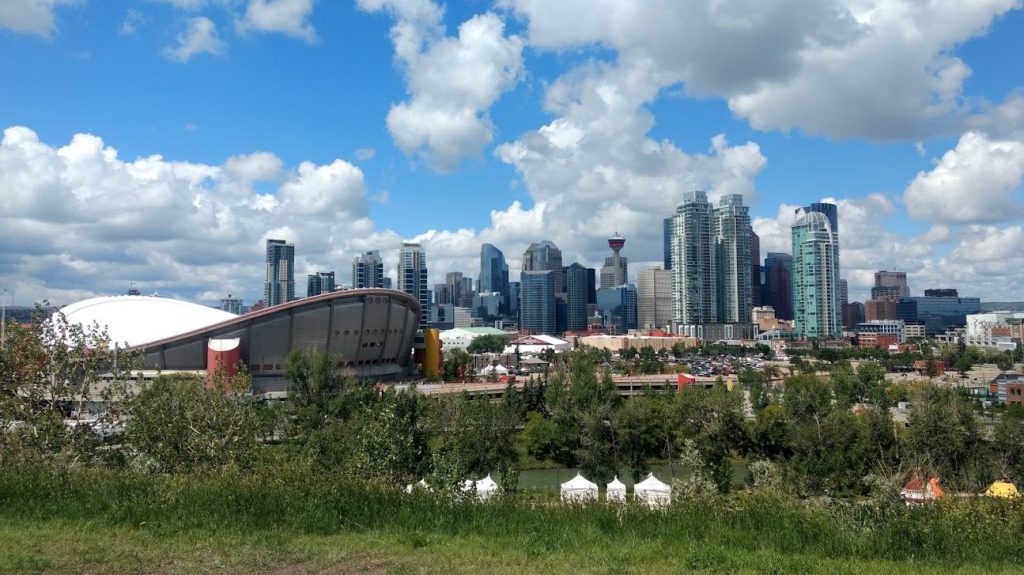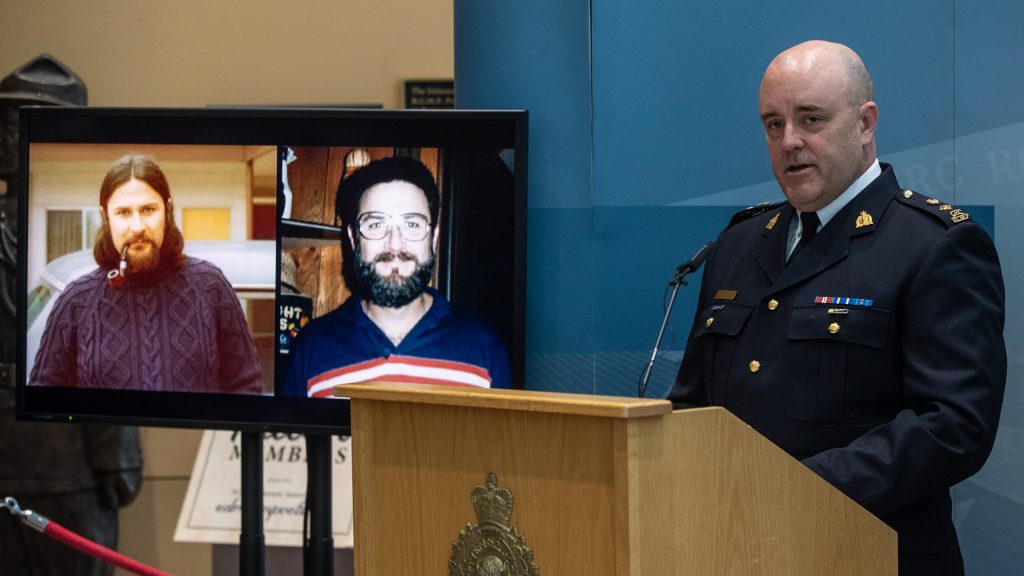Mostly spectator-free opening ceremony kicks off pandemic-delayed Tokyo 2020
Posted Jul 23, 2021 5:22 am.
Last Updated Jul 23, 2021 11:28 am.
The pandemic-delayed Olympic Games Tokyo 2020 officially got underway Friday with a largely spectator-free opening ceremony.
Japanese Emperor Naruhito declared the Games open, with fireworks bursting over the stadium after he spoke.
As the opening played out, devoid of the usual crowd energy, the Olympics convened amid simmering anger and disbelief in much of the host country, but with hopes from organizers that the excitement of the sports to follow would offset the widespread opposition.
“Today is a moment of hope. Yes, it is very different from what all of us had imagined,” IOC President Thomas Bach said. “But let us cherish this moment because finally we are all here together.”
“This feeling of togetherness — this is the light at the end of the dark tunnel of the pandemic,” Bach declared.
Later, Japanese tennis star Naomi Osaka received the Olympic flame from a torch relay through the stadium and lit the Olympic cauldron.
“Today, with the world facing great challenges, some are again questioning the power of sport and the value of the Olympic Games,” Seiko Hashimoto, president of the Tokyo 2020 Organizing Committee, said in a speech. But, she said of the Games’ possibilities, “This is the power of sport. … This is its essence.”
Organizers expected about 5,700 athletes to take part in the parade of athletes. Some skipped it because of early competitions on Saturday or to avoid risk of exposure to COVID-19. And this parade differs from most others in the past because the nations are being spaced out — a nod to social distancing.
The Canadian Olympic Committee said that only a small contingent of 30 to 40 Canadian athletes — roughly a tenth of the total delegation — would take part.
Led by flag-bearers Miranda Ayim and Nathan Hirayama, the Canadian contingent walked out dressed in white pants and red jackets with a white Maple Leaf on the back — and mandatory grey face masks.
The Canadians waved to their fellow athletes already gathered on the stadium floor, and the few people in the stands. They clapped and chanted “Canada” as they marched. Others took videos and selfies with their phones.
Hundreds of volunteers were on the stadium floor as well to greet the athletes as they walked through. Many athletes waved; others captured their entrance on their phone cameras.
Moments before the parade, a wooden set of Olympic rings was displayed at the center of the stadium in a nod to the 1964 Tokyo Games. There, athletes from around the world were asked to bring seeds that could be planted and become trees.
Wood from 160 pines and spruces, seeds that came from Canada, Ireland and Northern Europe, were used to build the set of Olympic rings displayed Friday.
The stands at Tokyo’s Olympic Stadium were empty save for a handful of officials, guests and members of the media.
The Canadian squad is made up of 370 athletes — the nation’s largest since 1984.
Athletes aren’t allowed into the village until five days before they compete, so fewer Canadian athletes will physically be in the village.
“Due to the Olympic Village arrival rules outlined in the Tokyo 2020 Playbooks, athletes are only arriving in the Village five days before they compete. This means that there are less athletes in the Village and that most of them are on the verge of competing. The focus of Team Canada remains on safety, performance, and adhering to the letter and spirit of the Tokyo 2020 Playbooks,” said Eric Myles, COC chief sport officer.
The opening ceremony was rocked by an 11th-hour scandal on Thursday, when the director was fired over a Holocaust joke he made during a comedy show in 1998.
Earlier this week, a composer whose music is expected to be used at the ceremony was forced to resign because of past bullying of his classmates.
19 new Games-related COVID-19 cases
Tokyo is under a state of emergency due to COVID-19 complications that will remain in place throughout the Games.
Just hours out from Friday’s opening ceremony, Olympic organizers announced 19 new COVID-19 cases, including three athletes, bringing the total related to the 2020 Games since July 1 to 106.
The news also comes after Japan saw its highest case count Thursday — 1,979 — since 2,044 were recorded on Jan. 15.
The country’s Prime Minister Yoshihide Suga and the International Olympic Committee have been determined to hold the Olympics despite the pandemic. Suga placed Tokyo under a state of emergency on July 12, but cases have continued to rise.
Fans have been barred from all Olympic venues in the Tokyo area, with limited capacity at some outlying sites.
As of Thursday, Japan had reported about 853,000 cases and 15,100 confirmed deaths from COVID-19 with about 23 per cent of its citizens fully vaccinated.










